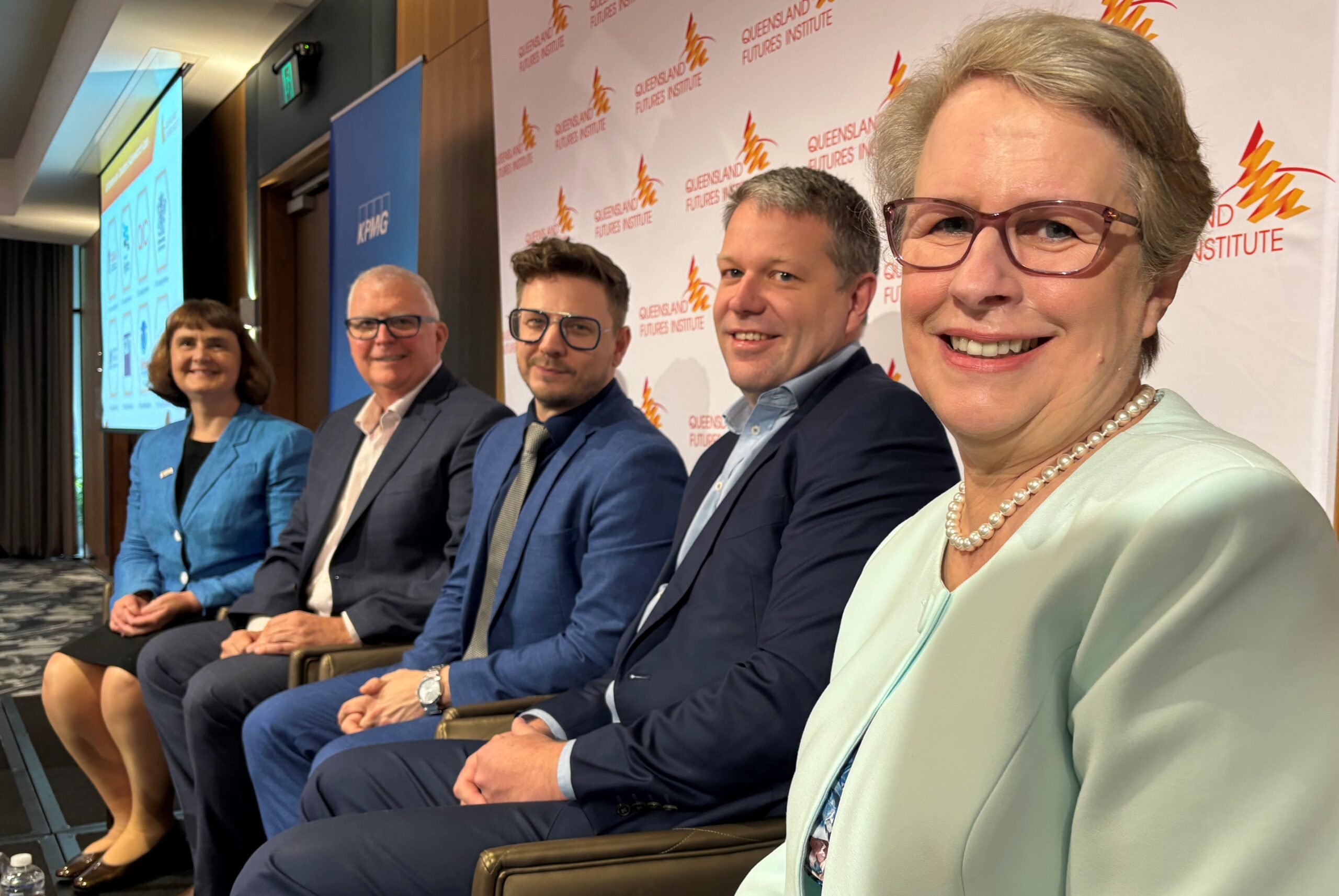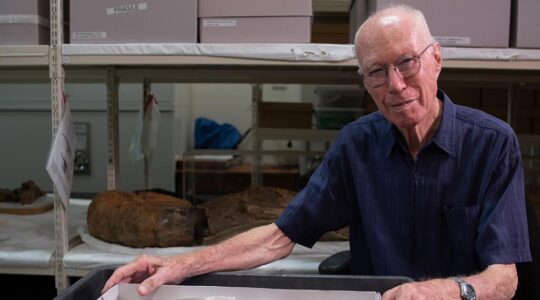Queensland is facing a “dire” shortage of skilled labour over the next 20 years without a radical overhaul of education and training pathways.
The leaders of two state-based universities told the Queensland Futures Institute policy leaders forum this morning that the current system was not producing an adequate pipeline of the required skills.
University of Southern Queensland Vice-Chancellor Professor Geraldine Mackenzie said there were not enough teachers to support the education needs and not enough kids doing school programs that led to university.
“There is a really dire problem with respect to training,” she told the forum. “We don’t have enough kids in schools doing the ATAR (Australian Tertiary Admission Rank) programs. We don’t have enough going on to university.”
Professor Mackenzie said people were no longer likely to do 40-year careers in the same job, and needed to be aware of other options.
The shortage of teachers was further impacting the situation, particularly in the regions.
“The problem now is not enough teachers to teach the students and not enough students being qualified enough to go on to the professions that we need,” she said.
Professor Mackenzie said that in the past the regions struggled to attract specialist teachers in some regions. Now the shortages were across the board.
Griffith University Vice-Chancellor Professor Carolyn Evans said many jobs would have changing skill needs over the next 20 years and more than 80 percent of the population would need higher education requirements to match those needs.
This would include 50 percent of the population going to university.
“Victoria, the ACT and NSW already have about 50 percent of their population who have higher education,” Professor Evans said. “We are down at 36 percent in Queensland so we’ve got a lot of work to do over the next decade or two.”
Professor Evans said the demand for teaching, nursing and aged care graduates was particularly strong.
Regional schools were “barely able to stay open” due to teacher shortages and some of the outer suburbs of Brisbane were “absolutely struggling.”
Professor Evans said the strong job market had caused people to question if they needed to go to university.
At the same time there was a desperate need for many new graduates to deal with emerging innovation around areas like artificial intelligence (AI), cybersecurity and submarine construction.
“We have a really difficult present moment,” she said. “And we’ve got to deal with that moment. But we’ve also got to think about what we are going to need in the next 10 to 20 years’ time.”
Professor Evans said the university and vocational sectors needed to work together to shore up the future of vulnerable Queenslanders who left school early or had no post school qualifications.
AI was likely to “destroy the jobs that they are going into at the moment “ or they would be stuck in very low paying low quality jobs for their whole careers.
Professor Evans said more varied education and career pathways were needed to deal with emerging skills requirements.
Students were being streamed too early and we may be “kidding ourselves” if we believed our current system would produce enough skilled graduates to meet future needs.
“We need to be pretty astute and thoughtful about the extent to which we will be able to produce our own workforce in Queensland using the kids growing up in our schools today,” Professor Evans said.
“(We also need to review) the extent to which we will have to retrain and reskill workforces that are currently in Queensland and the extent to which we need to use migration as a really powerful tool to drive the skills we need in the future.”
She said the current approach to migration, including through the university system, was “pretty haphazard” and this was “devastating” the universities and undermining the skills pathways.








